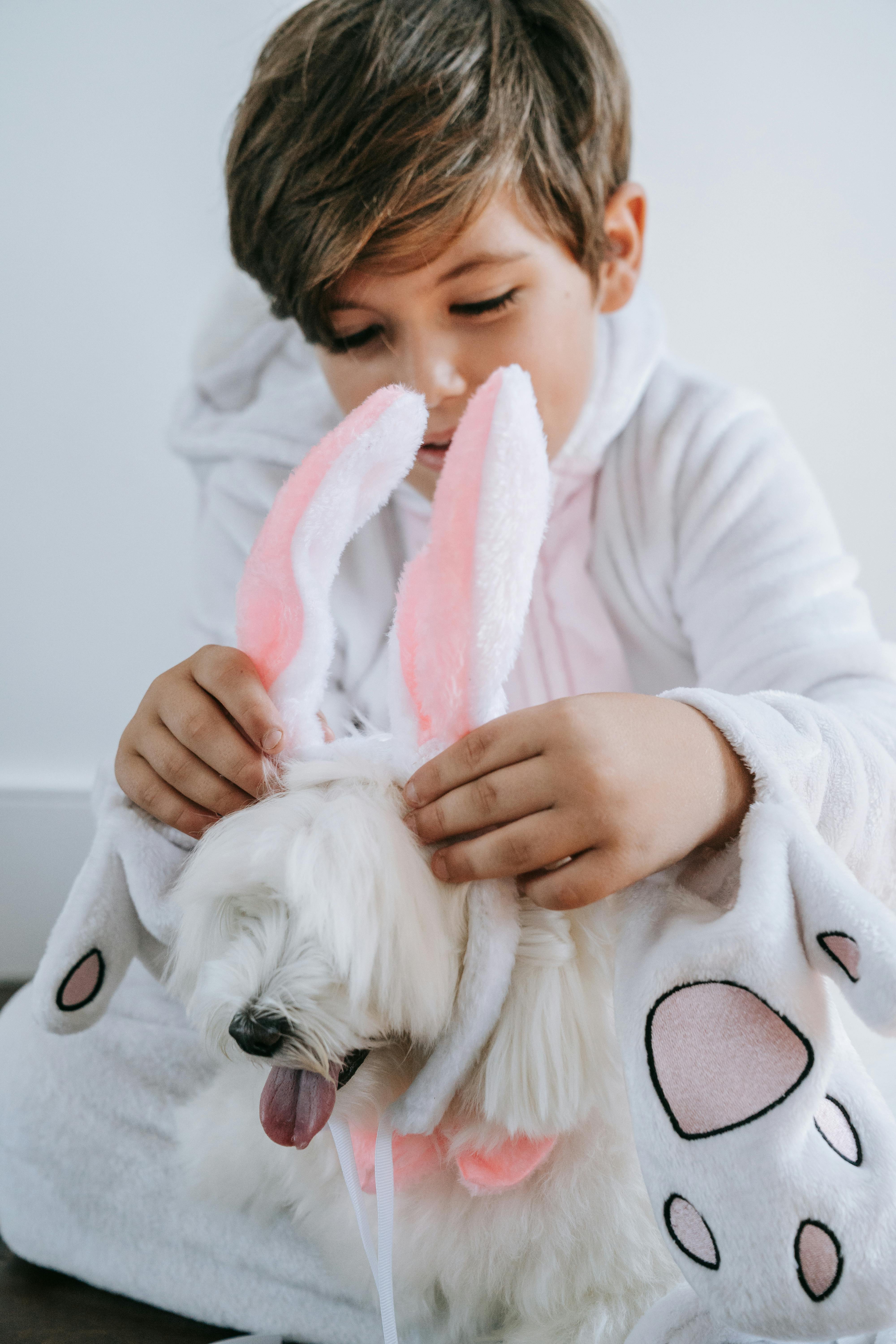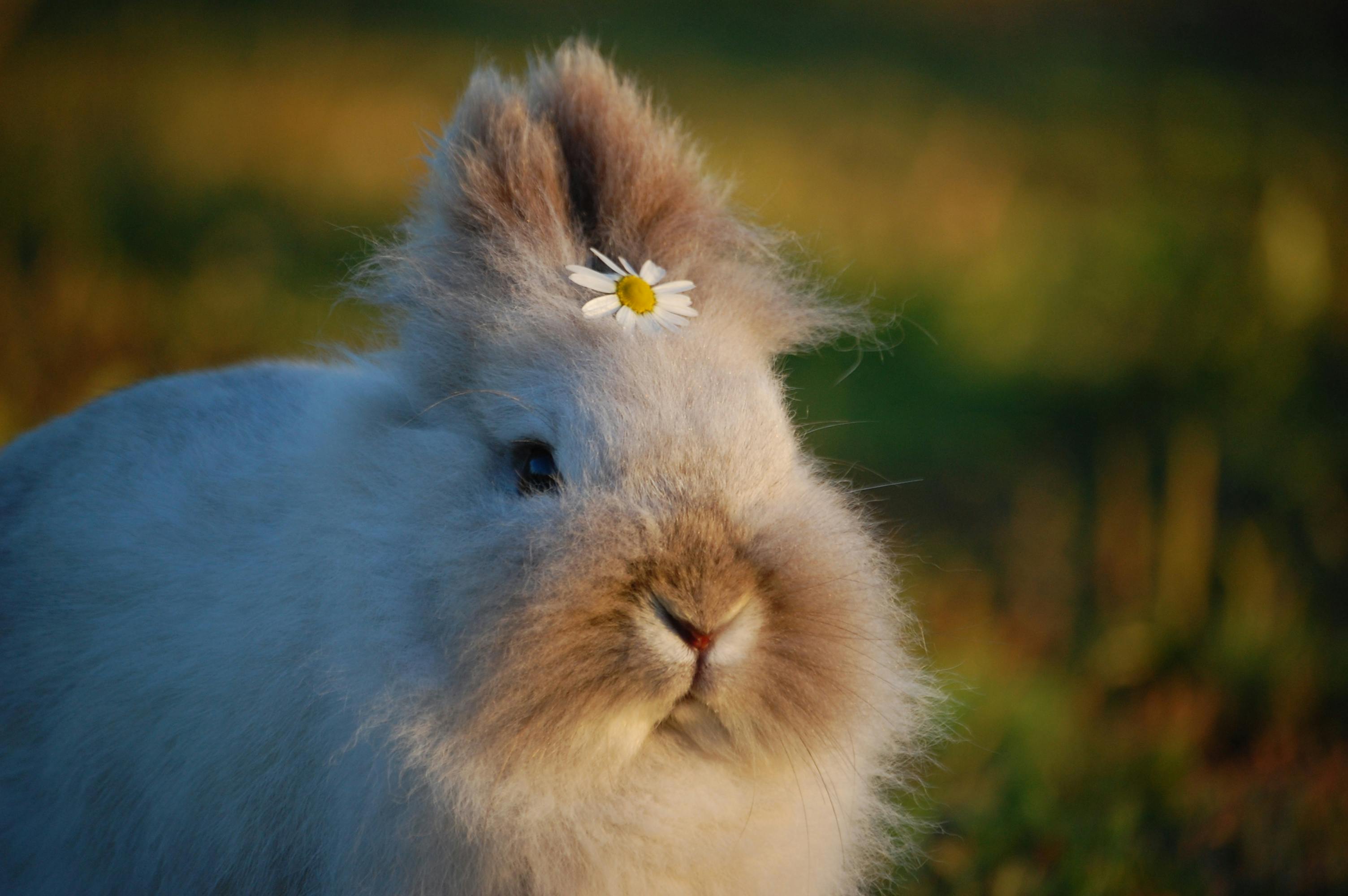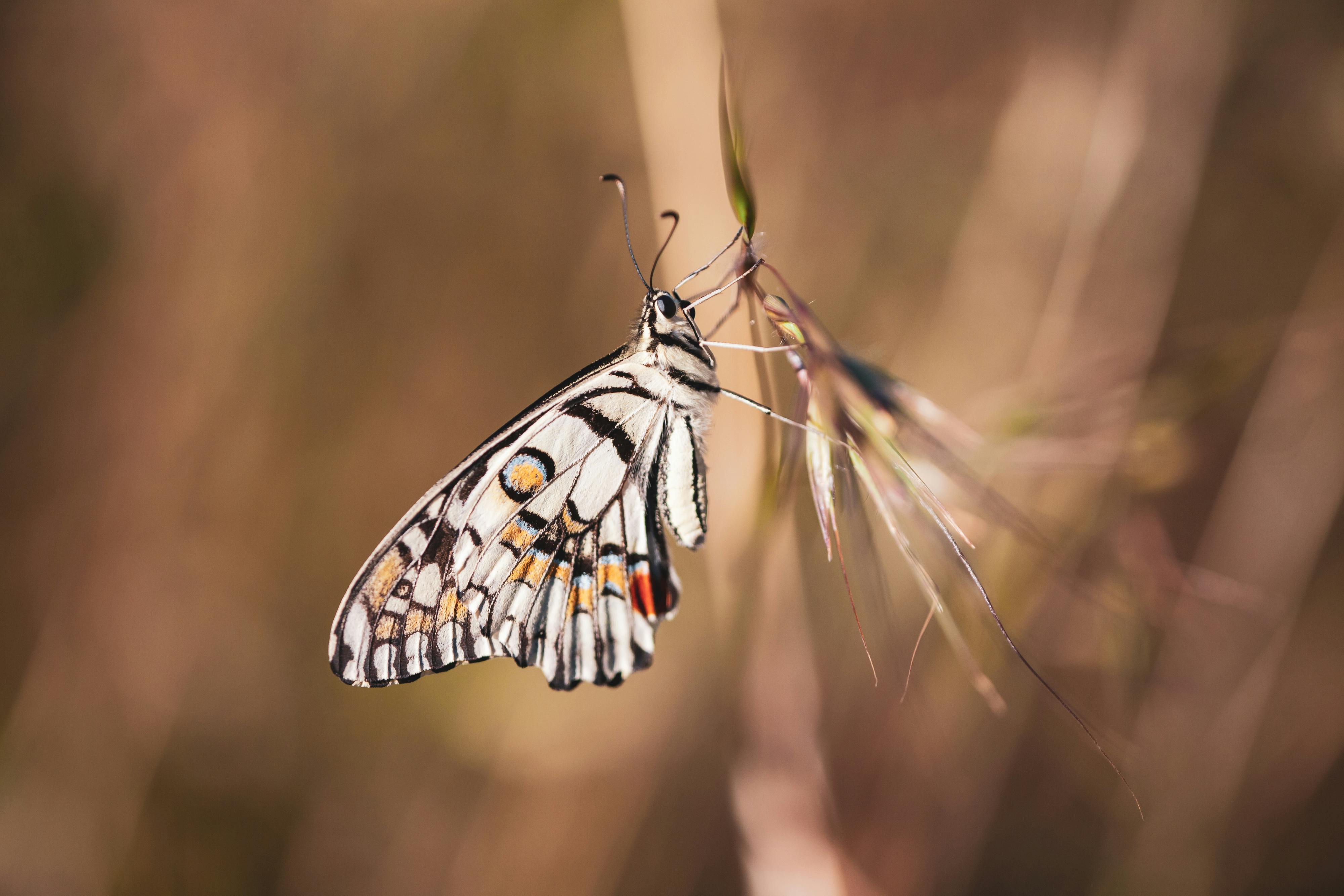Understanding Guinea Pig Behavior: Are Guinea Pigs Nocturnal Animals?
Guinea pigs are popular pets known for their friendly demeanor and social behavior. This article delves into whether guinea pigs are nocturnal animals, exploring their general behavior, sleep patterns, and how to care for them effectively. By understanding the instincts and habits of guinea pigs, pet owners can better cater to their needs and improve their overall well-being.
Guinea Pig Sleep Patterns
Understanding guinea pig sleep patterns is crucial for any pet owner. Unlike traditional nocturnal animals, guinea pigs are best described as crepuscular, meaning they are particularly active during the dawn and dusk hours. During the day, they tend to gravitate towards resting or nibbling on food. Nighttime may not always be a high-activity period for them; rather, they might enjoy a calm and quieter environment. Recognizing these habits can help owners establish a more effective guinea pig care routine.
Guinea Pig Nocturnal Habits
Many pet owners wonder about their guinea pigs' nocturnal habits. While they are not nocturnal in the strictest sense, they may exhibit bursts of activity during the late hours. It's important to provide a safe and interactive environment for them to explore during this time. For instance, incorporating tunnels and chew toys can stimulate their sense of play and activity even during quieter hours. Furthermore, ensuring that they have a cozy sleeping area will encourage good guinea pig health and rest quality.
How Active Are Guinea Pigs?
Understanding just how active guinea pigs can be helps owners tailor their daily interactions. Generally, a healthy guinea pig should display active guinea pigs signs in the morning and evening. Watch for behaviors such as running about, popcorning, and exploring their surroundings. Unfortunately, if your guinea pig seems lethargic, it may indicate underlying issues. Regular checks on their behaviors are essential in maintaining their well-being.
Typical Guinea Pig Day Schedule
Exploring the typical day of a guinea pig provides better insight into their behaviors throughout the day and night. In the mornings, guinea pigs typically rise from their slumber, often eager to nibble on fresh hay or pellets. They tend to be more interactive during this time, allowing for bonding moments between pet and owner. Later in the day, they take a break, which may last for a few hours until they resume activity around dusk.
Signs of Guinea Pig Health
Recognizing signs of healthy guinea pigs is essential for their upkeep. An active guinea pig with a good appetite, shiny coat, and a willingness to interact is generally a sign that they are healthy. Observing their sleeping behavior is equally critical; guinea pigs that sleep soundly without disturbances tend to be in good health. Additionally, regular vet check-ups should include monitoring their dietary habits to ensure they're receiving appropriate nutrition.
Understanding Guinea Pig Behavior Changes
Understanding guinea pig behavior changes can be essential for spotting potential health issues. If a usually active guinea pig becomes lethargic or stops interacting, it may warrant further investigation. Changes in their typical day schedule, such as an increase in sleeping time or a decrease in appetite, can indicate stress or health problems. Observing natural behavioral patterns can significantly help in early detection of health issues, making veterinary consultation crucial when in doubt.
Caring for Guinea Pigs
Effective caring for guinea pigs goes beyond providing food and water; it encompasses understanding their behavioral nuances. Creating a stimulating environment is vital for enriching their lives. Furnishing their habitat with tunnels, hiding spots, and chew items can significantly enhance their experience. Also, ensure they have adequate space to navigate comfortably while minimizing stress in their surroundings.
Guinea Pig Enrichment Ideas
To foster a happier pet, consider implementing guinea pig enrichment activities. Weekly changes in their habitat can keep them intrigued and combat potential boredom. Ideas might include introducing new toys, varied hiding spots, or even rotating salad-based meals. These adjustments stimulate their natural instincts and promote a healthier lifestyle.
Building Guinea Pig Socialization
Understanding the importance of guinea pig socialization is vital for their emotional well-being. These animals naturally live in groups, and companionship can reduce stress, anxiety, and isolation. Many owners opt to keep multiple guinea pigs together to mirror their social behaviors. If you're considering introducing a friend for your guinea pig, proper introductions and ensuring compatibility is key for a harmonious living situation.
Key Takeaways
- Guinea pigs are crepuscular, showing activity during dawn and dusk rather than being true nocturnal animals.
- Understanding their typical day structure helps in recognizing health patterns.
- Caring for guinea pigs includes promoting activity through a stimulating and enriched environment.
- Regularly monitoring their behavior can offer insight into their overall health and happiness.
FAQ
1. Are guinea pigs nighttime creatures?
Guinea pigs are not fully nocturnal; they have crepuscular activities showing peaks during dawn and dusk. They rest during the day and exhibit moderate activity at night if their environment allows it.
2. What are some signs of a happy guinea pig?
Happy guinea pigs typically display behaviors such as burrowing, popcorning, and regular vocalizations. Ensuring they have social interactions and stimulation is key to their happiness.
3. How can I tell if my guinea pig is stressed?
Signs of stress in guinea pigs may include excessive hiding, refusing to eat, aggressive behavior, or changes in vocalizations. It's crucial to provide a safe and cozy environment to minimize stressors.
4. How do guinea pigs sleep at night?
Guinea pigs often sleep lightly throughout the night, taking short naps interspersed with periods of waking. Providing a comfortable and quiet sleeping area can improve their sleep quality significantly.
5. Can guinea pigs be kept alone?
While it is possible to keep a solitary guinea pig, they thrive in pairs or small groups due to their natural social instincts. If choosing a single pet, ensure you provide plenty of interaction and stimulation.


